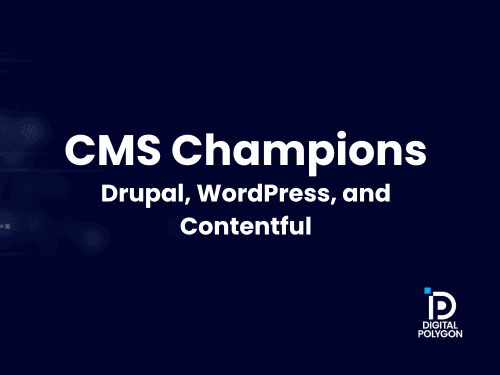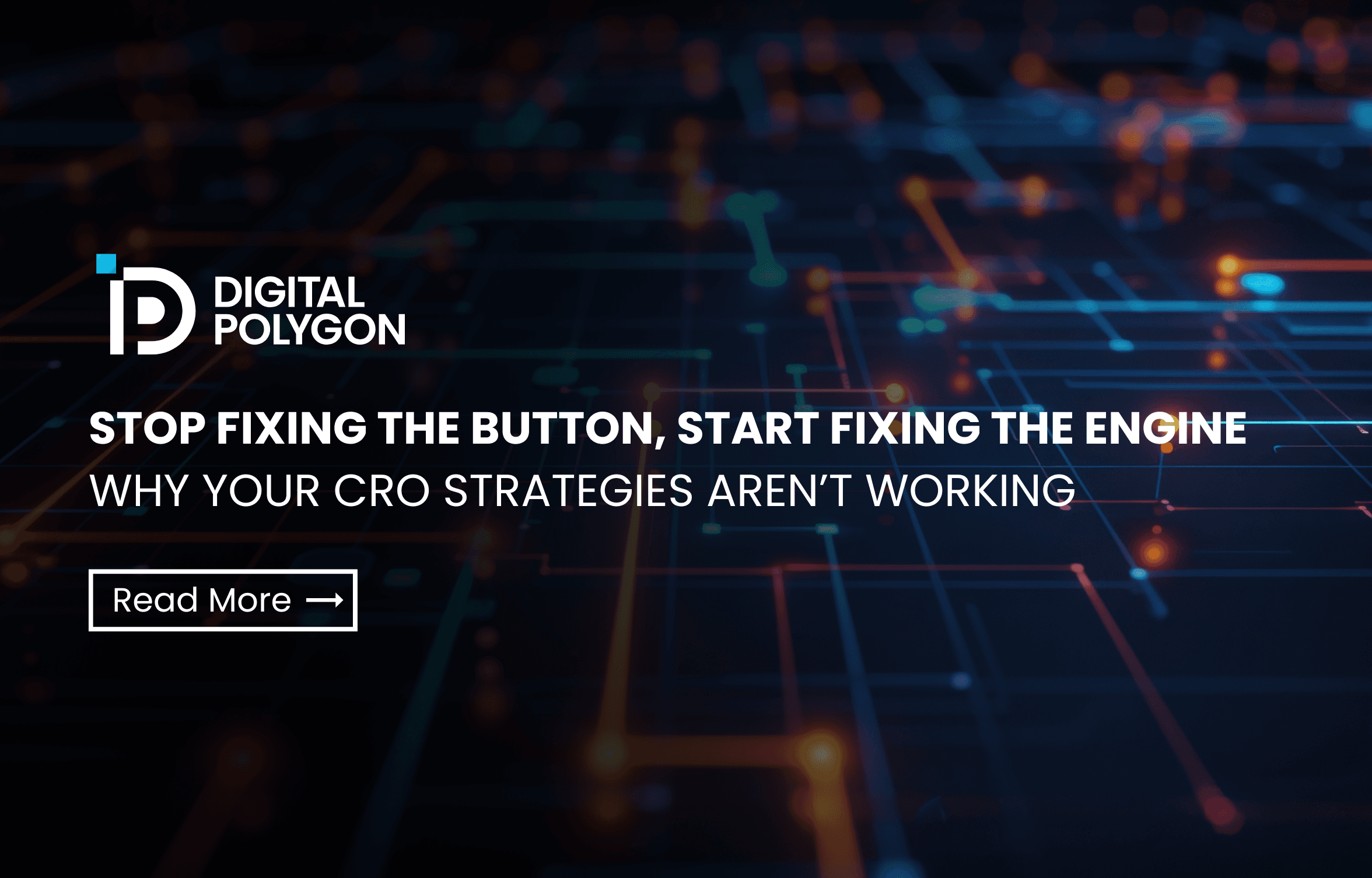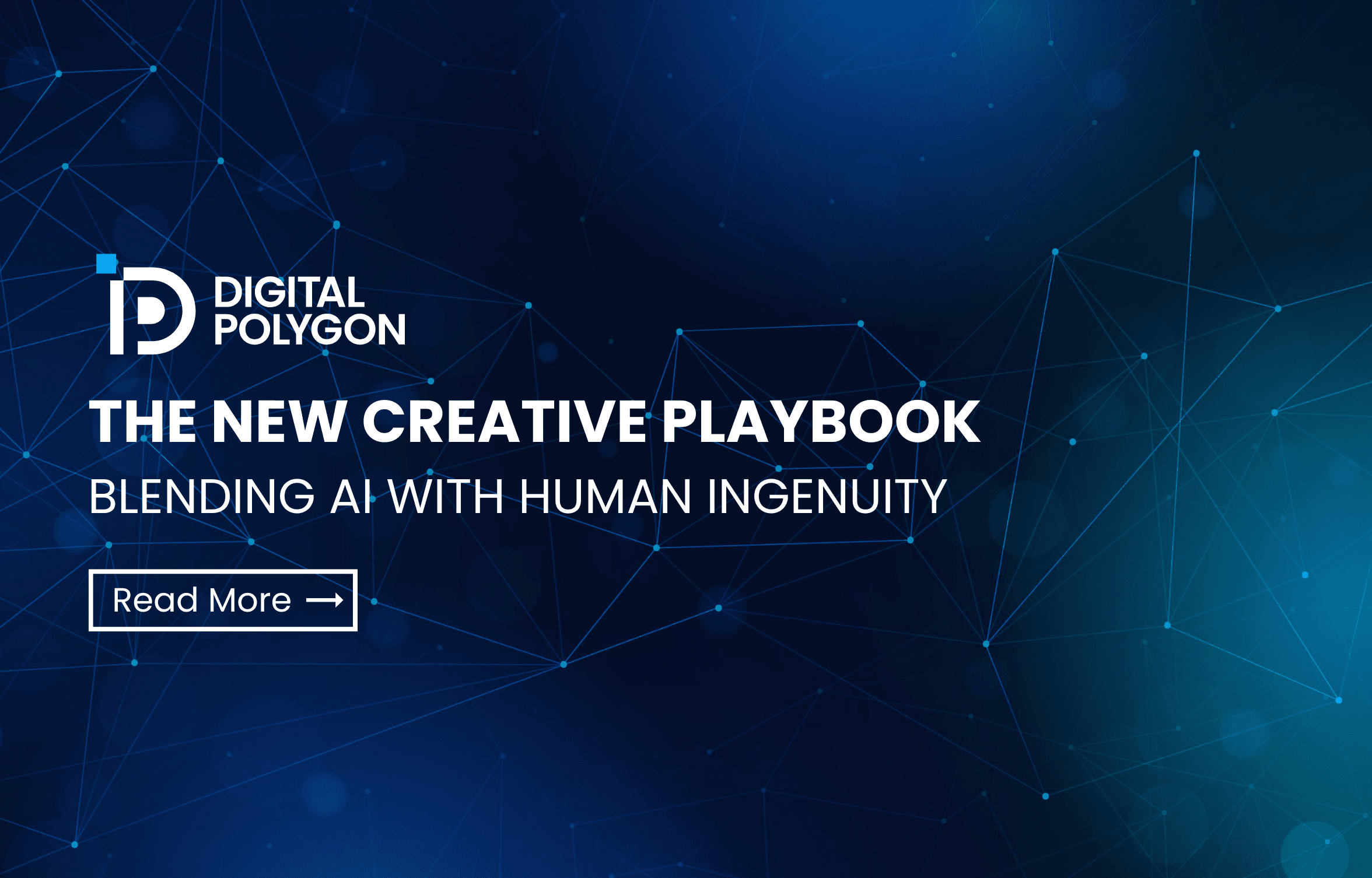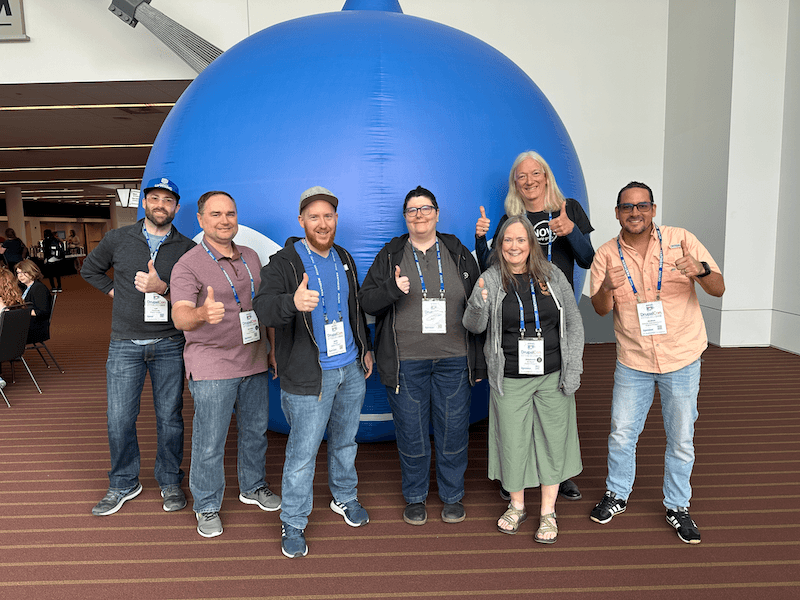Learn about unleashing the power of your CMS as we take a deeper dive into the Drupal, WordPress, and Contentful Content Management Systems. Each CMS has its strengths and weaknesses and caters to different needs in the digital landscape. In this blog we’ll uncover some of the details on usability and help inform your decision on which CMS is right for you.
Drupal
Drupal is a widely used open source content management system that is often used for complex and enterprise level websites. Drupal offers extensive customization options, scalability, robust security features, and a large developer community. Advanced technical knowledge is required for set-up and maintenance and is suitable for organizations with complex content management requirements. With a Drupal website, it’s best to work with a website partner to help build and maintain your website.
WordPress
WordPress is the leading CMS platform and is ideal for blogging and small to medium sized websites. WordPress has a user-friendly interface, is easy to install and customize, and has a vast library of themes and plugins for additional functionality. While being less suitable for highly customized or enterprise-level websites, it is great for bloggers, startups, and small businesses. WordPress is very intuitive, and you can run and maintain a WordPress website with limited technical support.
Contentful CMS
Contentful is a modern, API-driven CMS built for omni channel content delivery. Contentful emphasizes content modeling and a structured content approach with headless architecture that provides flexibility and allows integration with various platforms. Contentful is ideal for developers seeking a flexible and scalable solution, as it supports content reuse across multiple channels.
Comparison
| Drupal | WordPress | Contentful | |
| Complexity | Highly complex, suitable for enterprise projects | Moderate complexity, user-friendly for small to medium sites | Moderate to high complexity, developer-focused with advanced customization |
| Customization | Extensive customization options, highly flexible | Vast library of themes and plugins, easy customization | Highly customizable through content modeling and APIs |
| Scalability | Designed for scalability, suitable for large websites | Limited scalability for complex projects | Highly scalable, perfect for growing business and multiple channels |
| Learning Curve | Steep learning curve, requires technical expertise | User-friendly, minimal technical knowledge required | Moderate learning curve, developer-oriented |
Conclusion
Drupal, WordPress, and Contentful each cater to different needs in the CMS landscape. In summary, Drupal offers enterprise-level features and scalability, WordPress excels in user-friendliness and simplicity for smaller sites, and Contentful provides a flexible, API-driven solution for developers and omni-channel content delivery.
Remember, choosing the right CMS depends on your specific requirements and goals. If you’re looking for a web partner to help you with your CMS, we’re ready to help you achieve your goals.





